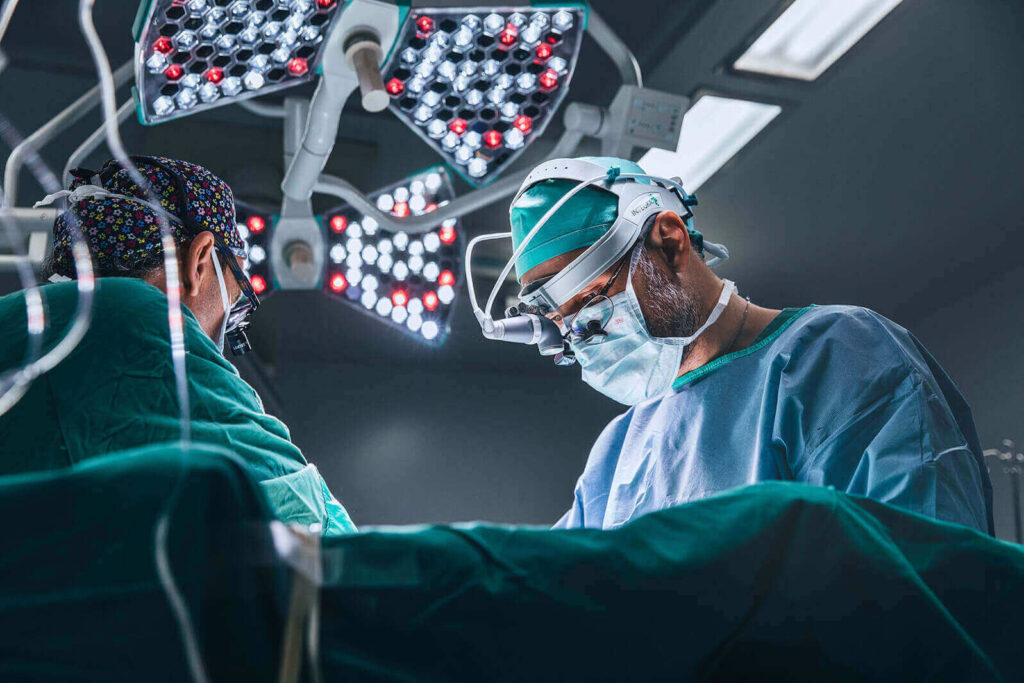间充质 干细胞治疗: A Promising Treatment for Primary Pulmonary Hypertension

介绍
原发性肺动脉高压 (PPH), also known as idiopathic pulmonary arterial hypertension (IPAH), is a progressive and life-threatening disorder characterized by increased pulmonary arterial pressure, leading to right ventricular failure and, 最终, 死亡. Despite the availability of pharmacological treatments, the disease remains incurable. Recent advancements in regenerative medicine, particularly mesenchymal stem cell (MSC) 治疗, offer hope for effective treatment by targeting the underlying pathological mechanisms of PPH.
Understanding Mesenchymal Stem Cells (间充质干细胞)
MSCs are multipotent stromal cells capable of differentiating into various cell types, including endothelial and smooth muscle cells. Their regenerative and immunomodulatory properties make them an ideal candidate for treating vascular diseases, including PPH. MSCs can be derived from various sources, 比如骨髓, 脂肪组织, 脐带, and placenta, providing a readily available therapeutic option.
Mechanisms of MSC Therapy in PPH
MSC therapy offers several advantages in the treatment of PPH through multiple mechanisms:
- Vascular Regeneration: MSCs promote endothelial repair and regeneration, restoring normal pulmonary artery function.
- 抗炎作用: 间充质干细胞调节免疫反应, reducing inflammation and oxidative stress that contribute to vascular remodeling.
- 促进血管生成: MSCs secrete growth factors that stimulate the formation of new blood vessels, improving pulmonary circulation.
- Reduction of Pulmonary Hypertension: By decreasing vascular resistance and improving arterial compliance, MSCs lower pulmonary arterial pressure.
- Cardioprotective Effects: MSCs support right ventricular function by reducing myocardial fibrosis and enhancing contractility.
Preclinical and Clinical Evidence
Several preclinical studies have demonstrated the efficacy of MSC therapy in animal models of PPH. Results have shown significant improvements in pulmonary hemodynamics, reduced vascular remodeling, and enhanced overall survival rates. Early-phase clinical trials in humans have also reported positive outcomes, including improved exercise capacity, reduced symptoms, and increased survival rates in PPH patients receiving MSC therapy.
Advantages of MSC Therapy Over Conventional Treatments
- Disease Modification: Unlike existing therapies that only alleviate symptoms, MSCs address the root cause by regenerating damaged pulmonary vasculature.
- Long-Term Benefits: The regenerative potential of MSCs offers sustained improvements in pulmonary artery function and right ventricular performance.
- 微创: MSC therapy is administered via intravenous infusion, avoiding the need for complex surgical interventions.
- Low Immunogenicity: MSCs can be used in allogeneic applications without significant risk of immune rejection.
未来的方向和挑战
While MSC therapy for PPH holds great promise, further research is needed to:
- Optimize cell dosing and administration routes for maximal efficacy.
- Conduct large-scale clinical trials to confirm long-term safety and benefits.
- Explore genetic and bioengineering approaches to enhance MSC function and longevity.
结论
MSC therapy represents a groundbreaking approach for the treatment of primary pulmonary hypertension, offering regenerative and immunomodulatory benefits that go beyond conventional treatments. With continued research and clinical validation, MSC therapy has the potential to revolutionize PPH treatment and significantly improve patient outcomes.
